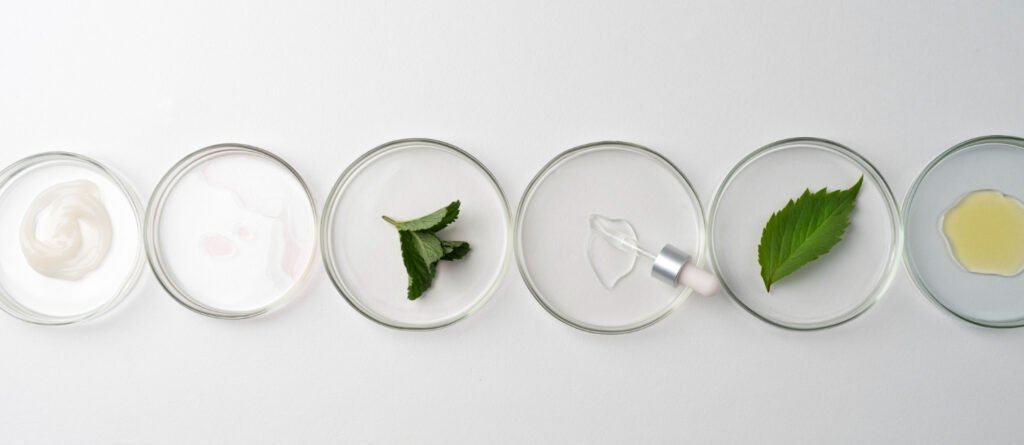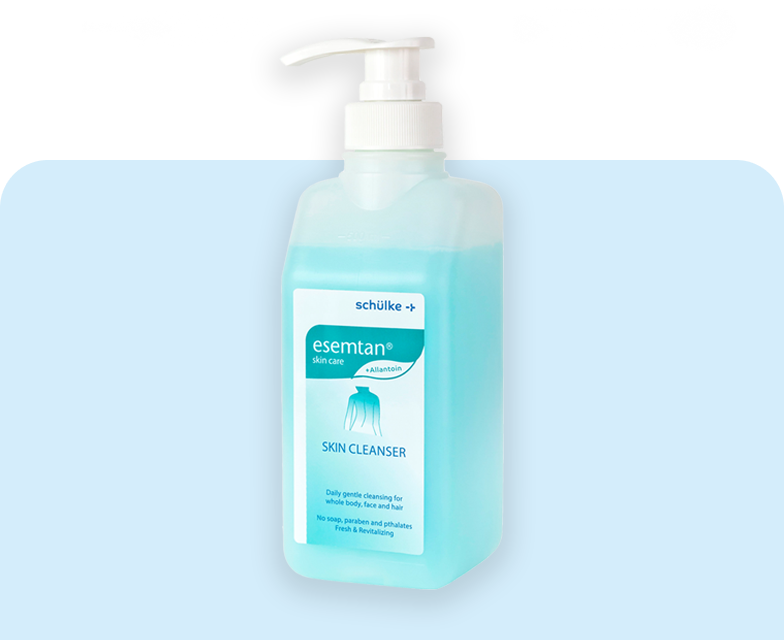Skin cleansing is the cornerstone of any skincare routine. A good cleanser removes dirt, makeup, and impurities, setting the stage for the rest of your skincare products to work effectively. But with so many options on the market, selecting the right cleanser can be challenging. From gels and foams to oils and micellar water, each type of cleanser serves unique purposes and offers specific benefits for various skin types.
Importance of Skin Cleansing for Healthy Skin
Regular cleansing is vital for maintaining a clear, healthy complexion. Throughout the day, our skin encounters pollutants, bacteria, and excess oils that can clog pores and lead to breakouts. A good cleansing routine removes these impurities, reducing the likelihood of acne and irritation. Furthermore, clean skin allows serums, moisturizers, and other treatments to penetrate deeper, enhancing their effectiveness.
How Skin Cleansers Work on the Skin
Each type of skin cleanser is formulated with different ingredients and textures that work on the skin in unique ways. Generally, cleansers operate by emulsifying or dissolving oils and impurities, allowing water to rinse them away. Some are formulated to provide a deep cleanse, while others prioritize moisture retention and gentle action.

Choosing the Right Cleanser for Your Skin Type
Choosing the right cleanser means understanding your skin’s needs. Oily and acne-prone skin might benefit from gel or foam cleansers, while dry skin may require cream or hydrating cleansers. Knowing what your skin requires can make a difference in the health and appearance of your complexion.
Common Types of Skin Cleansers Explained
Gel Cleansers
Gel cleansers are lightweight, clear, and often formulated with acne-fighting ingredients. They’re popular for their ability to deeply cleanse the pores, remove excess oils, and reduce breakouts.
- Benefits and Uses of Gel Cleansers: Gel cleansers are ideal for individuals who need a thorough cleanse without stripping the skin of essential moisture. Many gel cleansers contain salicylic acid, a potent ingredient for keeping pores clear.
- Best for Which Skin Types: Typically, gel cleansers are best suited for oily and combination skin types, particularly those prone to acne and excess oil.
Cream Cleansers
Cream cleansers are rich, emollient, and nourishing, providing a gentle cleansing option for dry and sensitive skin types.
- Benefits and Uses of Cream Cleansers: Cream cleansers help preserve the skin’s natural oils, keeping it soft and supple. These cleansers work well for removing makeup and impurities without causing dryness or irritation.
- Ideal Skin Types for Cream Cleansers: Cream cleansers are generally recommended for dry, mature, and sensitive skin types that need hydration alongside cleansing.
Foam Cleansers
Foam cleansers are light and airy, producing a foamy lather that can effectively remove dirt and oil. They’re known for giving a fresh, clean feeling.
- Benefits and Uses of Foam Cleansers: Foam cleansers are effective at removing impurities and controlling excess oil, often making them a favorite among those with oily skin.
- Best Skin Types for Foam Cleansers: While foam cleansers work well for oily skin, some foaming formulas can be harsh for sensitive or dry skin, so choosing a gentle formula is crucial.
Micellar Water
Micellar water is a gentle cleanser made from micelles, which are tiny oil molecules suspended in water. These micelles attract and trap impurities, making it easy to cleanse without rinsing.
- What is Micellar Water and How It Works: Micellar water gently removes makeup, oil, and dirt with minimal irritation. It’s ideal for quick cleansing or touch-ups.
- Benefits of Micellar Water for All Skin Types: This versatile cleanser is suitable for all skin types, particularly sensitive and dry skin, as it cleanses without stripping moisture.
Oil Cleansers
Oil cleansers use natural oils to dissolve makeup, sunscreen, and impurities without disrupting the skin’s natural barrier.
- The Science Behind Oil Cleansers: Oil cleansers work by using oils that attract and lift away impurities. They are typically followed by a second cleanser (known as double-cleansing) to remove any residue.
- Best Skin Types and Benefits of Oil Cleansers: These cleansers are suitable for all skin types, including acne-prone skin, as they can balance oil production without causing breakouts.
Specialty Skin Cleansers for Targeted Concerns
Exfoliating Cleansers
Exfoliating cleansers contain ingredients like alpha-hydroxy acids (AHAs) or beta-hydroxy acids (BHAs) that remove dead skin cells, revealing a fresh layer of skin.
- Benefits and Precautions for Exfoliating Cleansers: These cleansers can brighten the skin and reduce the appearance of fine lines, but they should be used sparingly to prevent irritation.
Anti-Aging Cleansers
Anti-aging cleansers are often enriched with antioxidants, peptides, and other ingredients that target fine lines and promote collagen production.
- Key Ingredients and Benefits for Mature Skin: Ingredients like vitamin C and hyaluronic acid help improve skin texture and hydration, making these cleansers beneficial for aging skin.
Hydrating Cleansers
Hydrating cleansers contain moisturizing ingredients that help retain skin moisture, making them suitable for dry or sensitive skin.
- Importance for Dry and Sensitive Skin: These cleansers avoid harsh chemicals and keep the skin’s moisture barrier intact, essential for preventing irritation.
pH-Balanced Cleansers
These cleansers are designed to maintain the skin’s natural pH, preventing disruptions to the acid mantle, which protects against bacteria.
- Benefits of Maintaining Skin’s Natural pH Level: pH-balanced cleansers help maintain a stable environment for skin health, especially for sensitive or irritated skin.

Ingredients to Look for in Skin Cleansers
Key Hydrating Ingredients
Look for ingredients like glycerin, hyaluronic acid, and aloe vera for hydrating properties, which are gentle and help attract moisture to the skin.
Ingredients for Acne-Prone Skin
For acne-prone skin, ingredients like salicylic acid, benzoyl peroxide, and tea tree oil are effective for reducing breakouts and unclogging pores.
Ingredients for Sensitive Skin
Ingredients such as chamomile, oat extract, and allantoin soothe sensitive skin and reduce redness, ideal for those prone to irritation.
Conclusion
Selecting the right skin cleanser involves understanding your skin’s needs and knowing which formulations will work best for your unique skin type. From gel and foam cleansers for deep cleaning to oil and cream cleansers that preserve moisture, there’s a product for every skin concern. Test different types to find the one that leaves your skin feeling clean, balanced, and refreshed.





